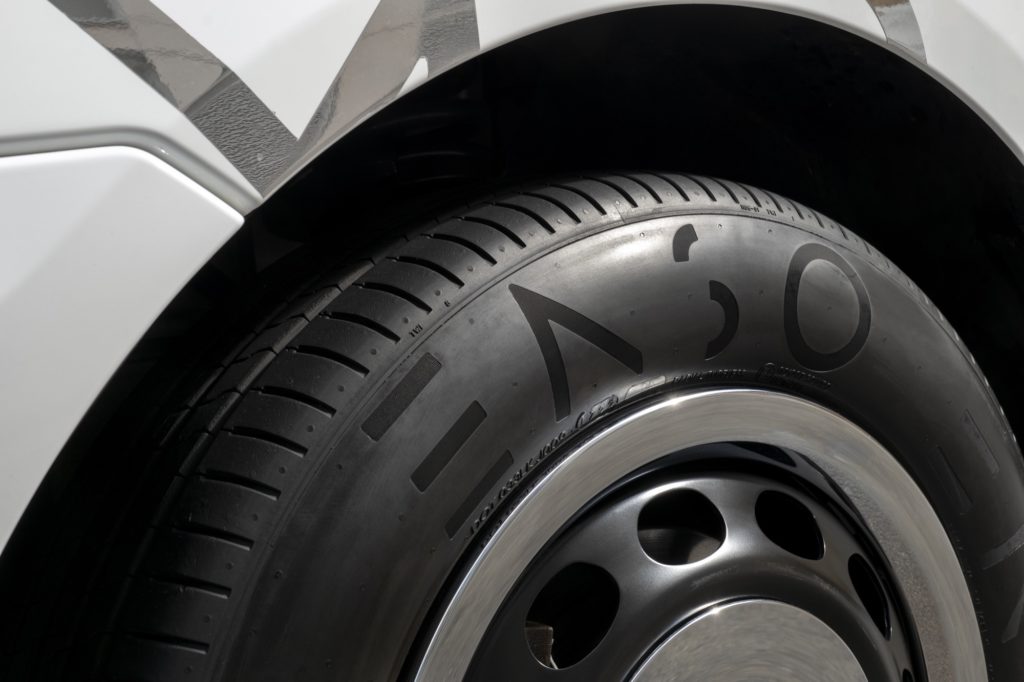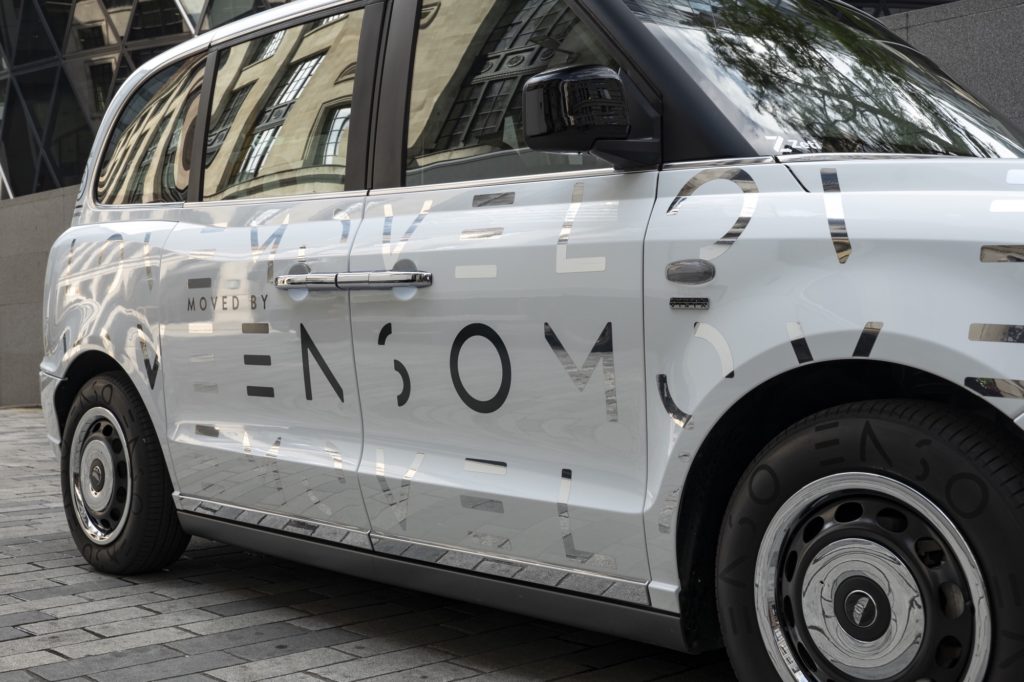ENSO states its mission is simply: to produce better tyres for electric vehicles (EVs). The tyre company claims to be both the world’s first sustainable tyre company and the first tyre company to achieve certified B Corporation (B-Corp) business status – a designation awarded to organisations excelling in making a sustainable and ethical impact.
‘Better’ can of course take many guises, and ENSO’s London-based team of engineers and industry veterans is combining cutting-edge design and material technology, as well as revolutionary direct to consumer and pay-per-mile sales models, to ensure its products excel in as many ways as possible.
Key among these is performance: ENSO was founded with the goal of creating energy-efficient, low-emission tyres, and the company’s exclusive focus on EVs has resulted in proprietary tread patterns, compounds and designs which combine not just to increase EV range and reduce energy consumption, but also improve durability and grip.

While conventional tyres are rarely optimised for EVs – resulting in efficiency and range significantly below what is possible – ENSO’s ultra-energy-efficient tyres have already achieved ‘A’ energy efficiency ratings in Germany and Spain, and recently broke a hypermiling world record (June 2021), increasing the range of an unmodified Renault Zoe EV, by 50 miles (11.9%) compared with standard tyres.
Cost is another area in which ENSO believes a tyre company can be better. By offering its tyres direct to OEMs and consumers, ENSO is able to provide a high quality, environmentally friendly product at a remarkable competitive price. What’s more, an innovative pay-per-mile program offers select fleet customers the chance to switch to range-extending, eco-friendly tyres with no upfront cost.

Of course, at the heart of the EV movement is the need to reduce the environmental impact of transport, and ENSO is taking the radical steps necessary to ensure tyres are not overlooked in the process.
Particulate matter from tyres is a major source of air pollution and is already responsible for 28% of all primary microplastics in the world’s oceans. Furthermore, most end-of-life tyres are incinerated, producing 650kg of CO2 per ton.
According to Michelin and Goodyear, EVs typically wear their tyres 20–50% faster than combustion vehicles, due to their greater weight and torque. This means that EVs generally need more frequent tyre replacements, increasing total cost and environmental impact.
By working with leading EV carmakers and fleets on large-scale trials, B-Corp businesses like ENSO are acting as forces for good, championing change for people and the planet. Visit ENSO’s website for more information.


